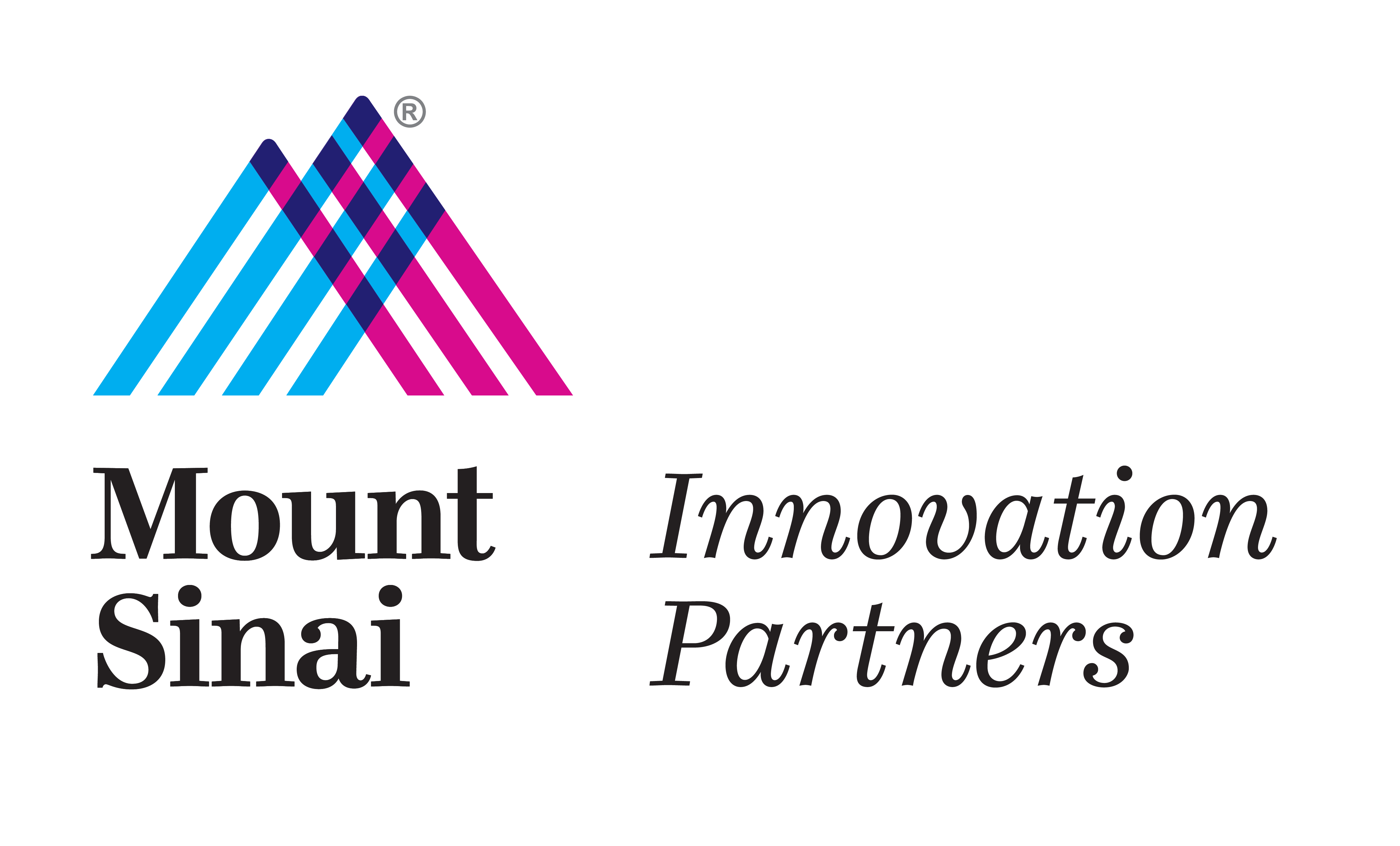INHIBITION OF TNF ALPHA ACTIVATION OF NFKB BY PENTOSAN POLYSULFATE
Researchers have discovered that Pentosan polysulfate acts through inhibiting TNF-alpha-mediated NFKB activation, and that it could have broad anti-inflammatory applications. The most promising applications of the technology include prevention of formation and rupture of atherosclerotic plaque, and reduction of damage to the …
METHODS FOR PROGRAMMING DIFFERENTIATED CELLS INTO HEMATOPOIETIC STEM CELLS
This technology defines a specific combination of transcription factors that can program hemogenesis in fibroblasts. The blood system is continuously replenished from a rare population of hematopoietic stem cells (HSCs) that balance self-renewal and differentiation. Transplantation of HSCs is utilized cell therapy …
IN VIVO RNAi SCREEN FOR THE IDENTIFICATION OF HOST FACTORS RESTRICTING VIRAL REPLICATION
This technology allows the identification of host restriction factors that limit viral replication in a relevant animal model. Standard siRNA screens are most often conducted in vitro using transformed cell lines and are therefore inherently non-physiological. However, by enabling siRNA delivery through …
USE OF IMATINIB TO TREAT HEPATIC FIBROSIS
There is a huge potential economic impact of establishing a treatment for hepatic fibrosis. Progressive fibrosis of the liver often results in organ failure leading to death or the need for transplantation. These diseases affect hundreds of millions in the United States …
NOVEL LIVE ATTENUATED INFLUENZA VIRUS VACCINES
This technology takes advantage of the species-specific expression of miRNAs to generate live attenuated influenza virus vaccines (LAIVs) alleviating all manufacturing constraints and the necessity of relying on cold-adapted mutants. This technology is enabled by the silent insertion of perfect miRNA target …
A PROTOCOL FOR GENERATION OF FUNCTIONAL MYELOID-DERIVED SUPPRESSOR CELLS FROM EMBRYONIC STEM CELLS AND HEMATOPOIETIC STEM CELLS
To date, a major limiting factor for the use of MDSCs in certain therapies – in pathological settings where deleterious or excessive immune responses need to be avoided or reduced – is the source of MDSCs. Mount Sinai researchers demonstrated efficient in …
ANTIBODIES TARGETING FOLLICLE STIMULATING HORMONE FOR USE IN OSTEOPOROSIS TREATMENT AND PREVENTION
A new paradigm for osteoporosis prevention and treatment was described by Dr. Mone Zaidi, Director of the Mount Sinai Bone Program at the Icahn School of Medicine at Mount Sinai. By blocking follicle-stimulating hormone (FSH) in pre-clinical models of menopause using an …
HARNESSING THE IMMUNOSUPPRESSIVE CHARACTERISTICS OF MYELOID DERIVED SUPPRESSOR CELLS (MDSC) TO TREAT OR PREVENT AUTOIMMUNE DISEASES AND GRAFT-VERSUS-HOST DISEASE (GVHD)
Emerging evidence suggests that MDSCs have great potential as an immune intervention modality in both transplantation and autoimmune disease settings. Mount Sinai investigators demonstrated their utility in both GVHD and Type 1 Diabetes. Coupled with a suite of other pending patent applications …
NOVEL BROMODOMAIN (BRD4) SMALL MOLECULE INHIBITORS FOR TARGETED TREATMENT OF CANCER
Bromodomain-containing proteins function as chromatin modifiers and mediators of protein-protein interactions, controlling gene expression. BRDs have been functionally implicated in numerous disease processes, including cancer, and small molecule inhibitors have been developed with some advancing to early clinical trials in cancer. BRD4 …
NOVEL THERAPY FOR TREATMENT OF HEMOGLOBINOPATHIES (BETA-THALASSEMIA AND SICKLE CELL DISEASE)
Thalassemias are the result of the most common single gene genetic disorder worldwide, affecting 30 out of every 1000 people. Spanning from mild to life-threatening manifestations due to its autosomal recessive genetic inheritance, beta-thalassemia is caused by mutations in the y-globin gene. …

